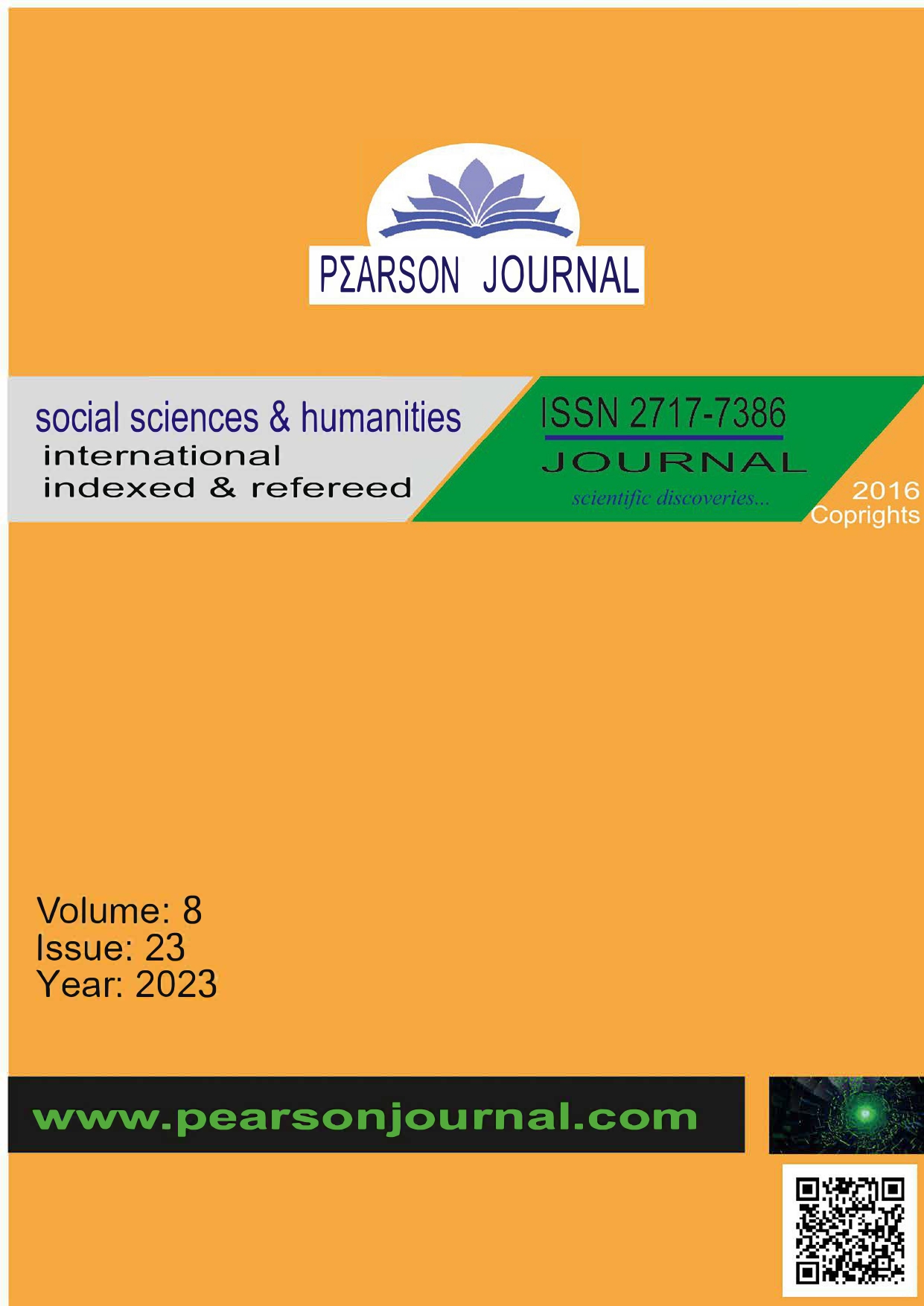Birth Of Modern Economıc Thought In Anglo-Saxon World and The Spread Of American Capitalism In The Global Economy
DOI:
https://doi.org/10.5281/zenodo.7777090Keywords:
Economic Sociology, Protestant Culture, Neoliberalism, Neoclassical EconomicsAbstract
With the Enlightenment thought, human behavior has begun to be explained with the idea of self-interest. By the beginning of industrial revolution, it has turned into a fashion to explain human behavior with self-interest. At the same time, self-interest ceased to be a sin but turned into a virtuous act. Modern social sciences are also based on self-interest principle. Europe's rise started with the Protestant Reformation. Protestant culture is modern, rational and individualistic culture. According to Weber, culture is an important variable and culture determines the economic path followed by capitalism. For Weber capitalism in England was born from rational Protestant culture. Without the Protestant culture, a different capitalism would emerge in Anglo-Saxon countries. In this context, there is a very close relationship between modern economic thought and Protestant culture. In this study, the emergence of modern economic thought in Anglo-Saxon countries and its relationship with the Protestant culture is explained. Besides, the spread of American capitalism in the global economy is emphasized, also.
References
Biddle, J. (1998). “Social science and the making of social policy: Wesley Mithchell’s vision”, M. Rutherford (Ed.) The economic mind in America, Routledge.
Frey, D. E. (2009). America’s economic moralists: a history of rival ethics and economics, State University of New York Press
Galbraith, J. K. (1990). Ekonomi kimden yana, (Çev.: B. Dişbudak Çorakçı), Altın Kitapları
Galbraith, J. K. (2002). Ekonomi üzerine herşey, (Çev.: Ö. Ozankaya), Cem Yayınevi, 3. Baskı
Galbraith, J. K. (2004). İktisat tarihi, (Çev.: M. Günay), Dost Kitapevi, 3. Baskı
Galbraith, J. K. (2011). Kuşku çağı, (Çev.: R. Aşçıoğlu-N. Himmetoğlu), Altın Kitap
ları, 4. Baskı
Küçükkalay M., A. (2019). Adam Smith: ahlak felsefesinden politik ekonomiye bir filozof, Ketebe Yayınları
Nelson, R. H. (2001). Economics as religion: from Samuelson to Chicago and beyond, Pennsylvania State University Press
Richter, R. (2017). “Institutional thought in Germany”, (Revised in 2017) Report at the ISNIE Meeting of 2000 at Tübingen, Germany.
Ross, D. (1991). The origins of American social science, Cambridge University Press.
Sayar, A. G. (1998), Bir iktisatçının entellektüel portresi: Sabri F. Ülgener, Eren Yayıncılık.
Skousen, M. (2001). The making of modern economics, M.E. Sharpe
Skousen, M. (2014), İktisadi düşünce tarihi: modern iktisadın inşası, (Çev.: M. Acar-E. Erdem-M. Toprak), Liberte Yayıncılık
Toprak, Z. (2019). Türkiye’de yeni hayat: inkılap ve travma 1908-1928, Doğan Yayıncılık, 3. Baskı
Yılmaz, S. (2009). J.K. Galbraith: iktisadi düşüncenin değişimine bir katkı, Kalkedon Yayınları
Yonay, Y. P. (1998). The struggle over the soul of economics: institutionalist and neoclassical economists in America between the wars, Princeton University Press.
Downloads
Published
How to Cite
Issue
Section
License
Copyright (c) 2023 PEARSON JOURNAL

This work is licensed under a Creative Commons Attribution 4.0 International License.



